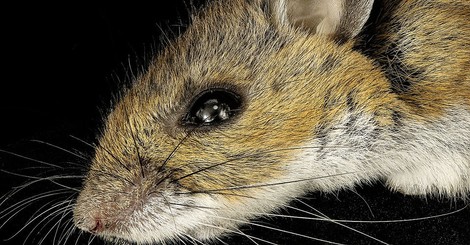Your podcast discovery platform
Curious minds select the most fascinating podcasts from around the world. Discover hand-piqd audio recommendations on your favorite topics.

piqer for: Global finds Technology and society Globalization and politics
Elvia Wilk is a writer and editor living in New York and Berlin, covering art, architecture, urbanism, and technology. She contributes to publications like Frieze, Artforum, e-flux, die Zeit, the Architectural Review, and Metropolis. She's currently a contributing editor at e-flux Journal and Rhizome.
To CRISPR Or Not To CRISPR?
CRISPR, a tool that allows genome editing, is one of the most exciting scientific advancements of the century, and also the most unpredictable. Given the capability to alter ourselves and the natural environment to a seemingly limitless extent, how will we decide what’s allowed – and how will we enforce those decisions?
In a recent debate, one scientist, Kevin Esvelt, has proposed stopping Lyme disease by using CRISPR to genetically engineer mice that carry the illness to make them Lyme-resistant. While people who have struggled with the disease are jumping on board with the plan, politicians and other scientists are alarmed by it: “They wanted the mice to be 100 per cent mice.” And they argue that such large-scale modification could have unintended ecological effects.
Esvelt understands the concerns but is adamant that his research can do good, as long as his team (and scientists everywhere) are completely transparent about their research in this field. It has such a high potential for harm and unexpected consequences that he believes the public, and scientists around the world, should all be aware of what’s happening and how. But he doesn't think that the incredible possibilities for doing good should be hampered in the process.
Stay up to date – with a newsletter from your channel on Technology and society.

thanks for this piq, elvia! ed yong's articles are almost always good reading, he's a formidable science journalist. and featuring kevin esvelt's approach to involve the public in science was long overdue. it's a pity that german-writing journalists missed that so far (to the best of my knowledge).